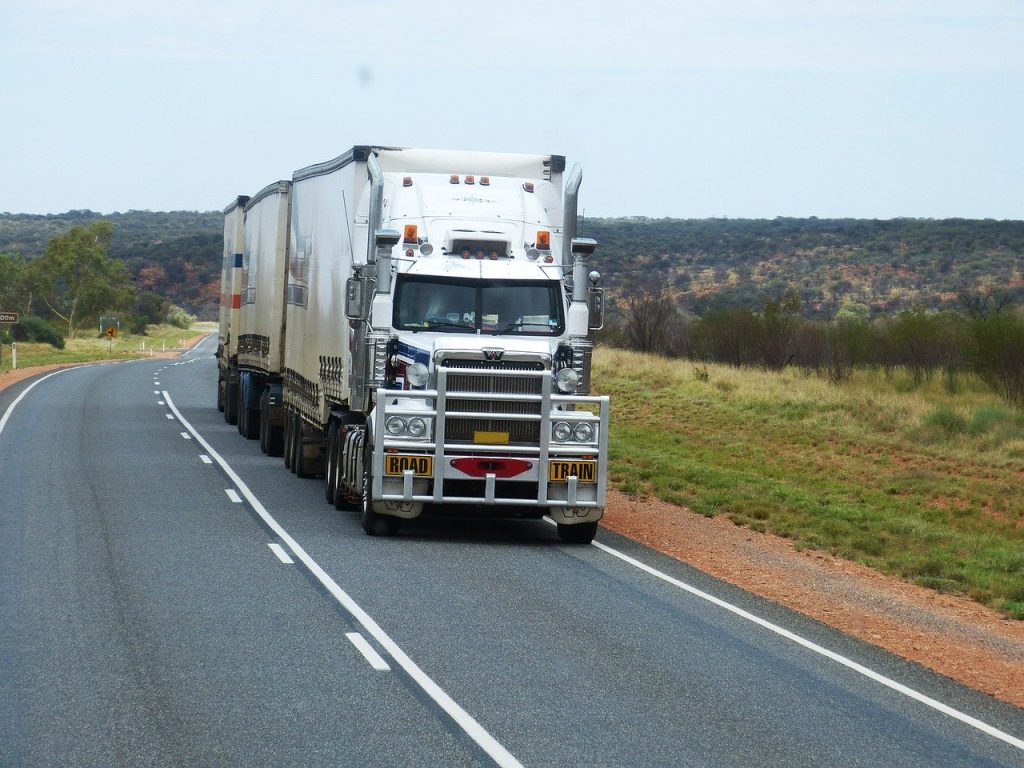The hectic work schedule of a trucker and the increasing demand for efficiency often lead to disruptions in your sleeping patterns. Driver fatigue is an ever-present danger for truck drivers everywhere. Thankfully, there are measures you can take to prevent falling asleep at the wheel. Read on to learn more about the numerous methods you can take to prevent driver fatigue, some more obvious than others.
Eight-Hour Sleep
Probably the most obvious way to prevent drowsiness is sound sleep. Ensure that you take at least eight hours of sleep whenever you can. Due to your work schedule, it will likely be difficult to achieve a full eight-hour sleep, but if you have the chance, take it.
Use Power Naps
Alternatively, you can distribute your sleep throughout the day via power naps. Take a nap before you start your trip if you had a short night’s sleep. Alternatively, if you start getting drowsy while you are in the middle of driving, pull off to a safe location and take a 20-minute nap. Remember to mind the grogginess for 15 minutes after you wake up. Napping restores alertness, reduces mistakes, and enhances performance.
Decrease Caffeine, Increase Water
While coffee is a popular stimulant among truckers, it can ultimately do more harm than good. Caffeine eventually wears off and creates greater fatigue, increases your blood pressure, makes you urinate often, and can cause dizziness and nervousness. Meanwhile, dehydration also causes fatigue. So, drink a healthy amount of water to stay awake and enjoy other benefits, such as quenching thirst and controlling your body’s temperature.
Open the Windows
If the powers of fatigue are proving too strong while you are driving, use this short-term solution and crack open the windows. The warmth inside your truck will clash with the sudden cold air outside, jolting you awake. Keep in mind that this sudden oxygen flow is only temporary, so use your alertness to drive yourself to a rest stop or safe area and take a nap.
Keep Yourself Annoyed
Sometimes small irritations can help you stay awake and stave off drowsiness for a while. Get creative and perform small actions that will keep yourself annoyed, such as pinching your own earlobe, smack yourself, or touching the roof of your mouth with your tongue. Small gestures can make a difference. Again, remember that these are temporary suggestions, so use them to find a place to nap.
Eat a Healthy Diet
The junk food you tend to eat during trips, such as candy bars and burgers, can contribute to your drowsiness. The fat, sugar, and salt, as well as lack of nutrients, can increase your fatigue and provide only temporary relief. Maintaining a healthy diet during your trip can help you stay awake. Consume food that is rich in protein, complex carbohydrates, and whole grains. Along with fruits and vegetables, they will provide the stamina you need for those long hauls.
Whenever you feel that your eyes are getting heavy, you lose concentration on the road, or you begin daydreaming and hallucinating on the road, pull over and use several of these tactics to reduce your fatigue and prevent accidents.
Editor’s note: This blog was originally written for the GTG Technology Group, 6 Tips for Staying Alert on the Road.




